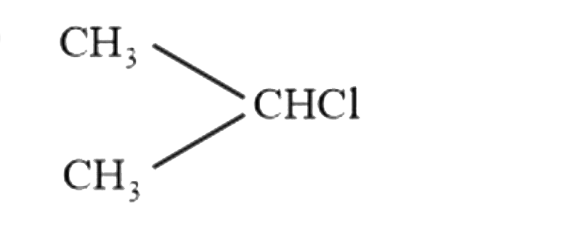In which of the following compounds, the C-Cl bond ionisation shall give most stable carbonium ion
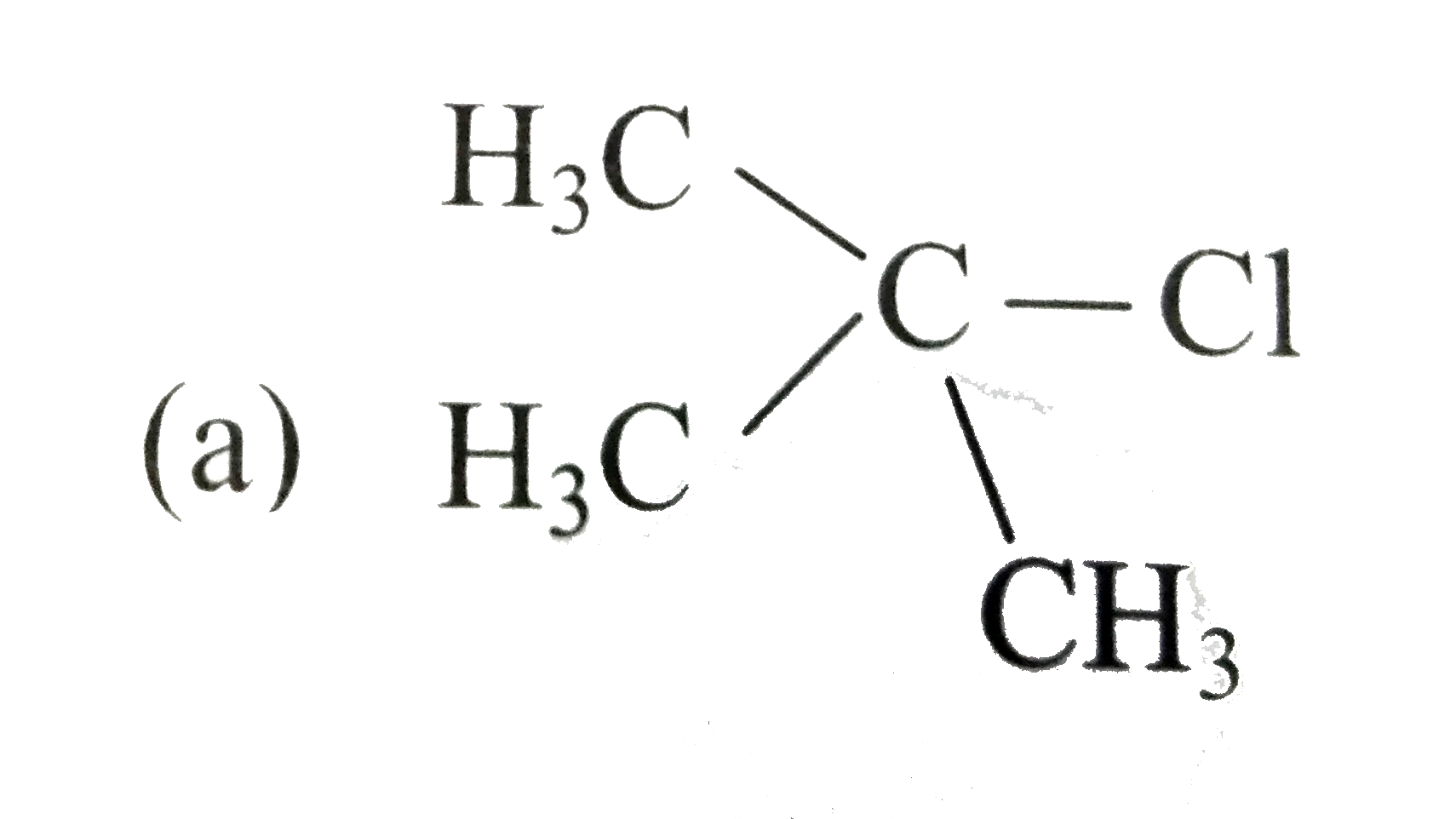
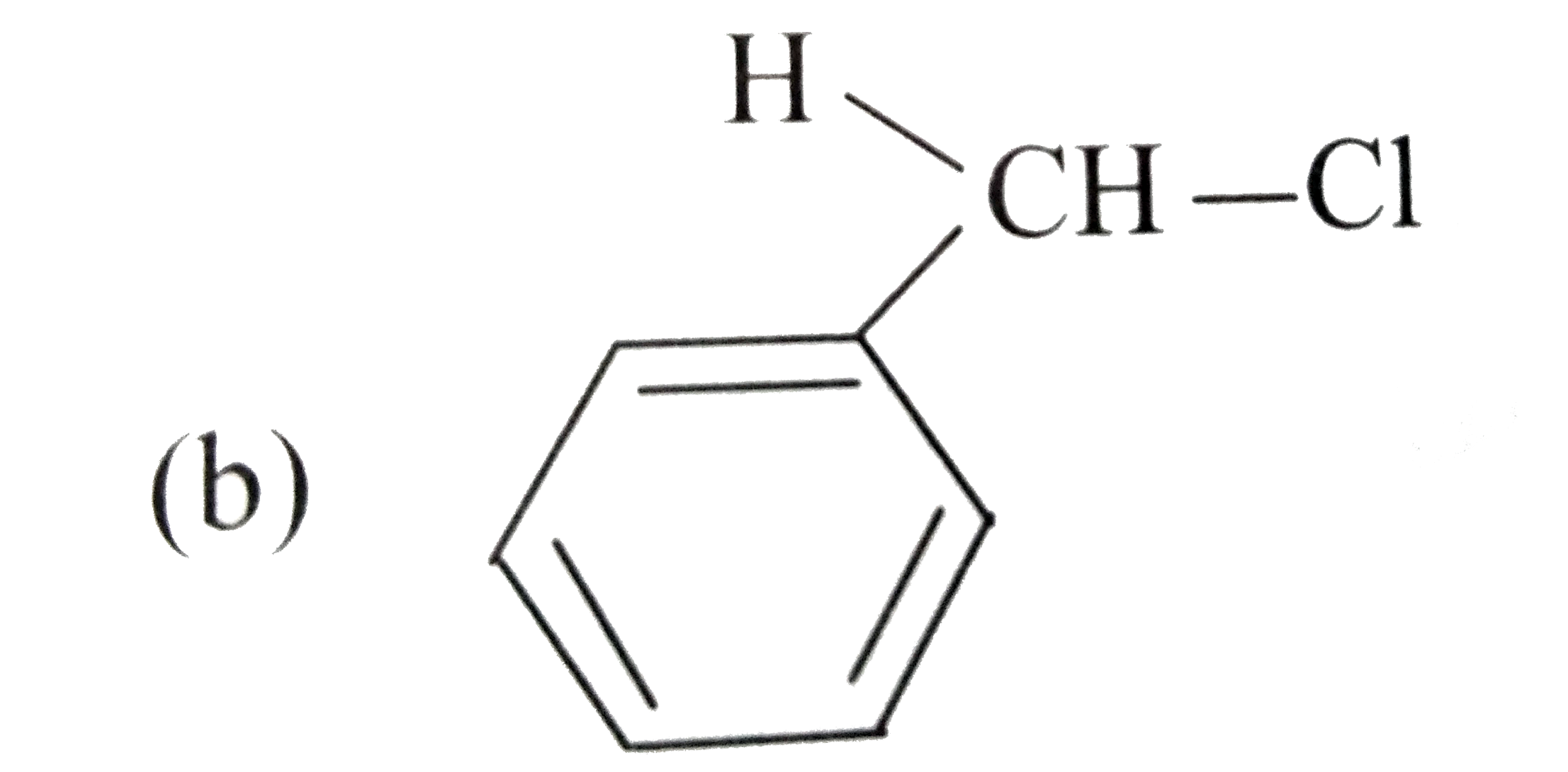
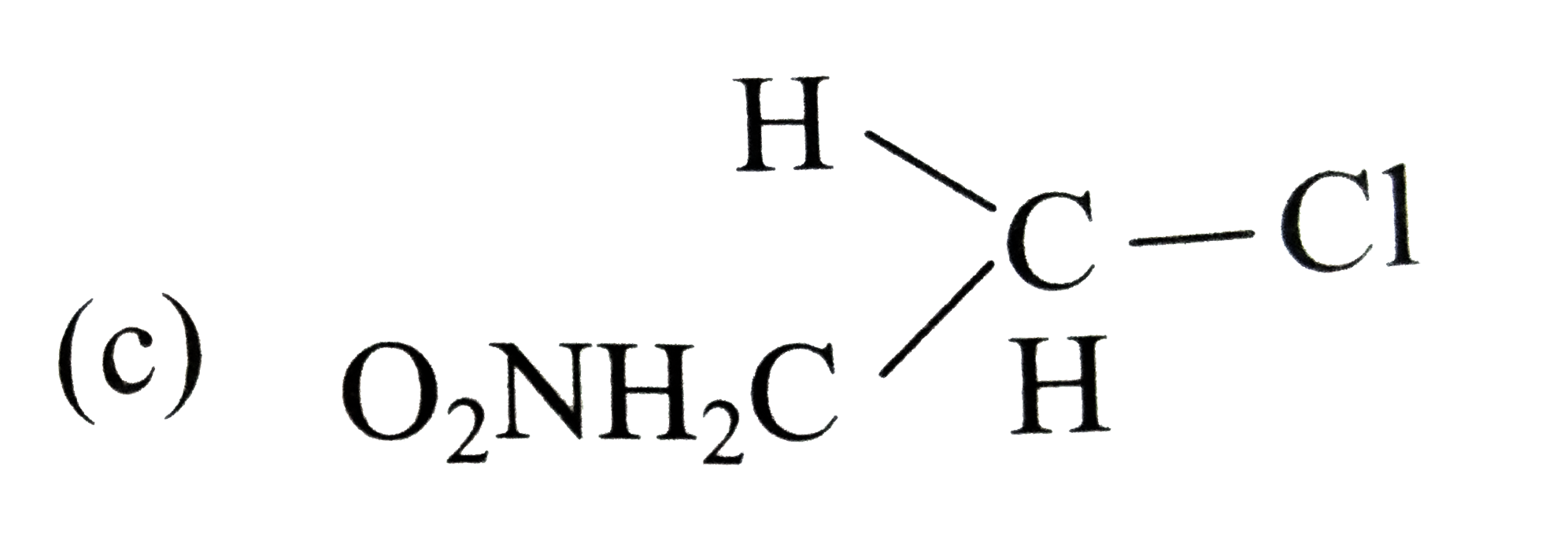
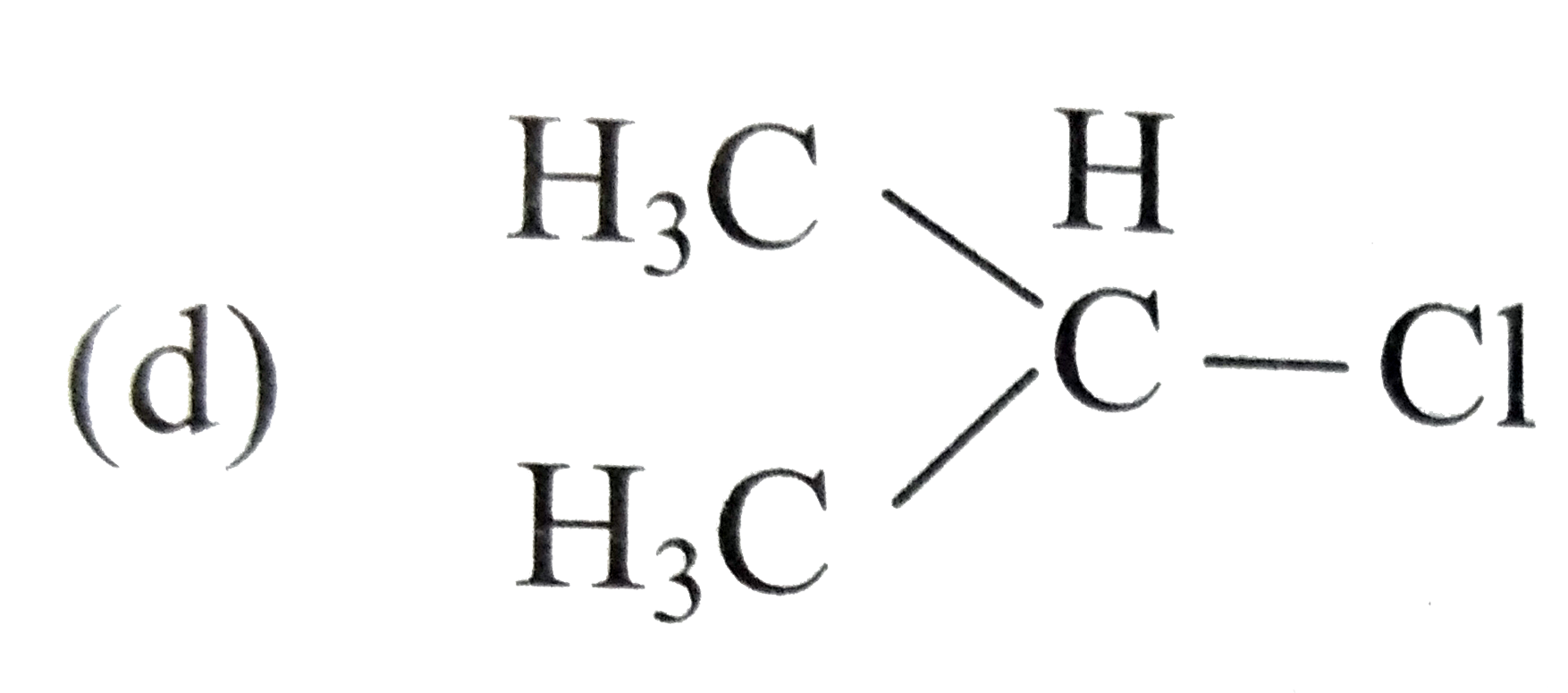
The correct Answer is:A
To determine which compound will produce the most stable carbonium ion upon C-Cl bond ionization, we need to analyze the stability of the resulting carbocations formed from each compound. The stability of carbocations is influenced by factors such as the degree of substitution (primary, secondary, tertiary), resonance effects, and hyperconjugation.
1. Identify the Compounds: List the compounds given in the question. For this example, let's assume we have four compounds:
- Compound A: R-CH2-Cl (Primary)
- Compound B: R-CH-Cl-R' (Secondary)
- Compound C: R-C(Cl)-R' (Tertiary)
- Compound D: R-C(Cl)(NO2)-R' (Tertiary with a nitro group)
2. Determine the Type of Carbocation Formed:
- Compound A: Ionization leads to a primary carbocation (R-CH2+).
- Compound B: Ionization leads to a secondary carbocation (R-CH+-R').
- Compound C: Ionization leads to a tertiary carbocation (R-C+-R').
- Compound D: Ionization leads to a tertiary carbocation (R-C+-R') with a nitro group.
3. Evaluate Carbocation Stability:
- Primary Carbocation: Least stable due to fewer alkyl groups for hyperconjugation and inductive effects.
- Secondary Carbocation: More stable than primary due to increased hyperconjugation and inductive effects from one alkyl group.
- Tertiary Carbocation: Most stable due to maximum hyperconjugation and inductive effects from three alkyl groups.
- Tertiary Carbocation with Nitro Group: The presence of the nitro group (–NO2) is an electron-withdrawing group, which destabilizes the carbocation due to its –I effect.
4. Conclusion: Among the options, the tertiary carbocation formed from Compound C (R-C+-R') is the most stable due to the maximum hyperconjugation. However, if Compound D has significant resonance stabilization from the nitro group, it could also be a contender. But generally, the tertiary carbocation without destabilizing groups is the most stable.
5. Final Answer: The compound that gives the most stable carbonium ion upon C-Cl bond ionization is Compound C (the tertiary carbocation).
- Compound A: R-CH2-Cl (Primary)
- Compound B: R-CH-Cl-R' (Secondary)
- Compound C: R-C(Cl)-R' (Tertiary)
- Compound D: R-C(Cl)(NO2)-R' (Tertiary with a nitro group)
- Compound A: Ionization leads to a primary carbocation (R-CH2+).
- Compound B: Ionization leads to a secondary carbocation (R-CH+-R').
- Compound C: Ionization leads to a tertiary carbocation (R-C+-R').
- Compound D: Ionization leads to a tertiary carbocation (R-C+-R') with a nitro group.
- Primary Carbocation: Least stable due to fewer alkyl groups for hyperconjugation and inductive effects.
- Secondary Carbocation: More stable than primary due to increased hyperconjugation and inductive effects from one alkyl group.
- Tertiary Carbocation: Most stable due to maximum hyperconjugation and inductive effects from three alkyl groups.
- Tertiary Carbocation with Nitro Group: The presence of the nitro group (–NO2) is an electron-withdrawing group, which destabilizes the carbocation due to its –I effect.
Similar Questions
Knowledge Check
In which of the following compounds, the C−Cl bond ion-isation shall give most stable carbonium ion?
A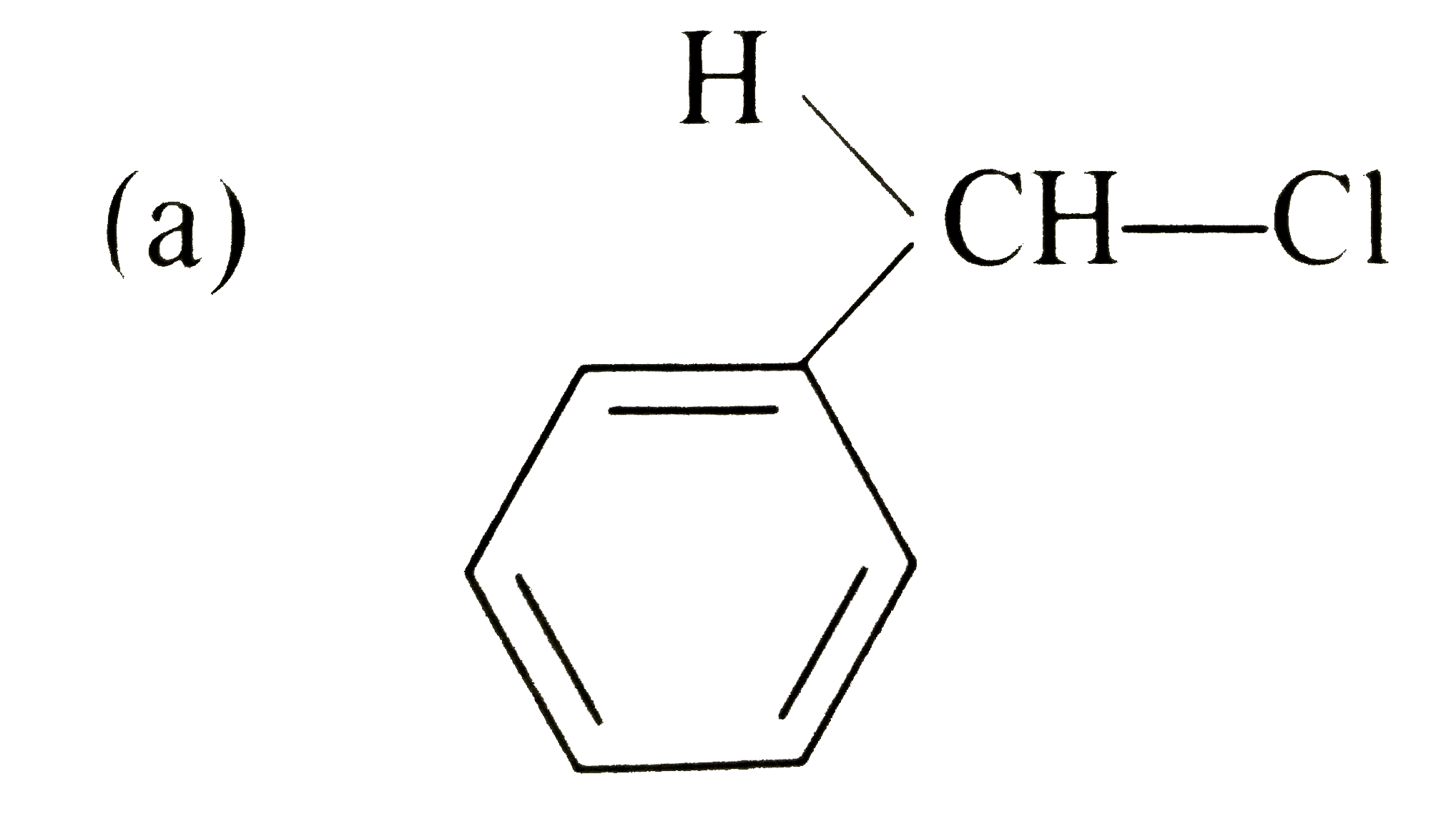 B
B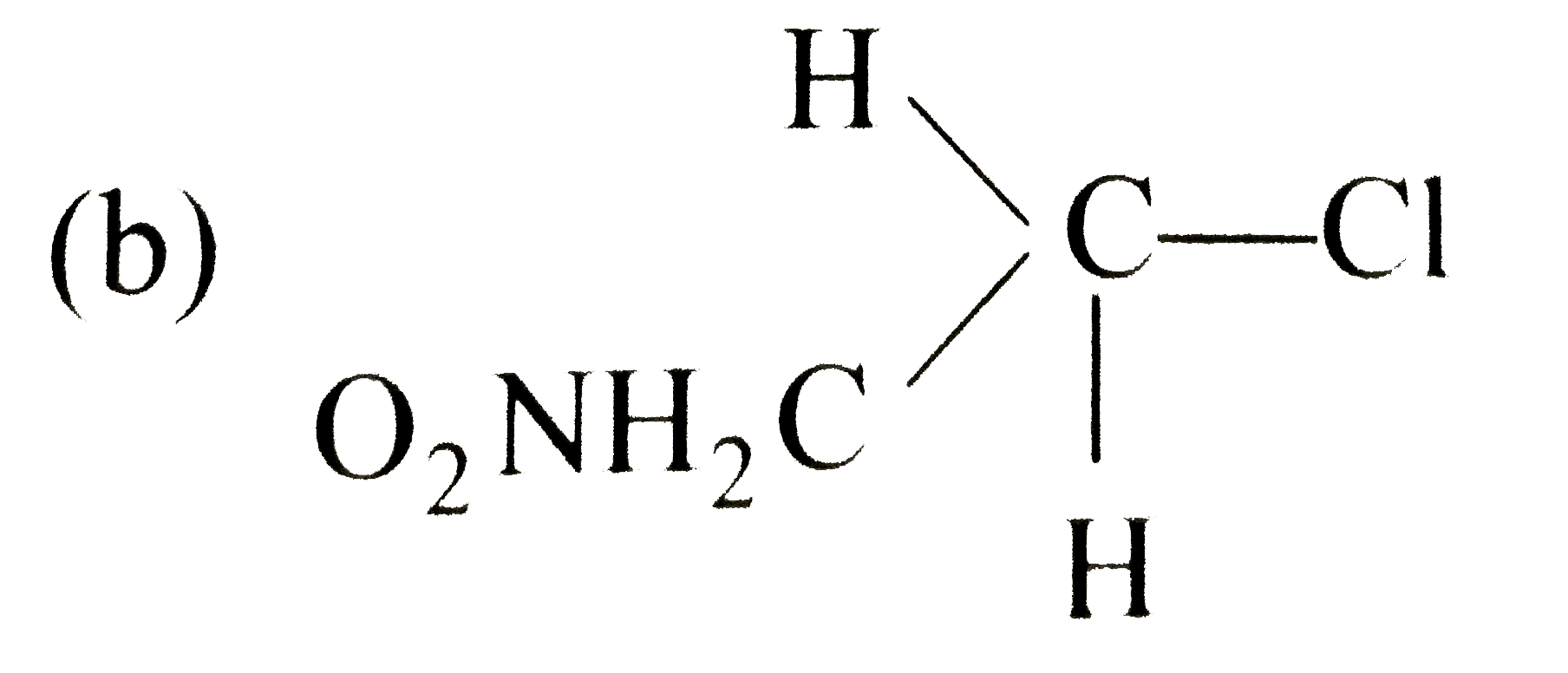 C
C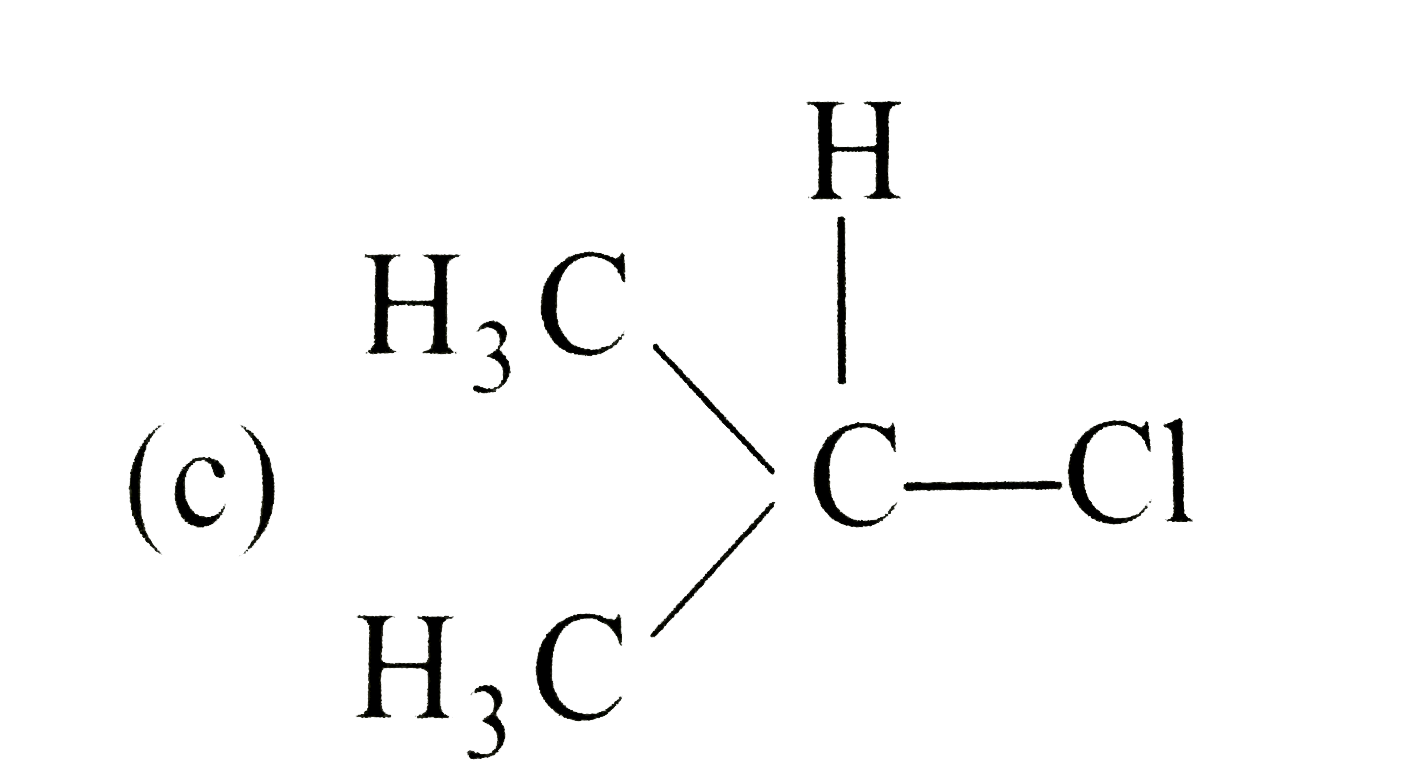 D
D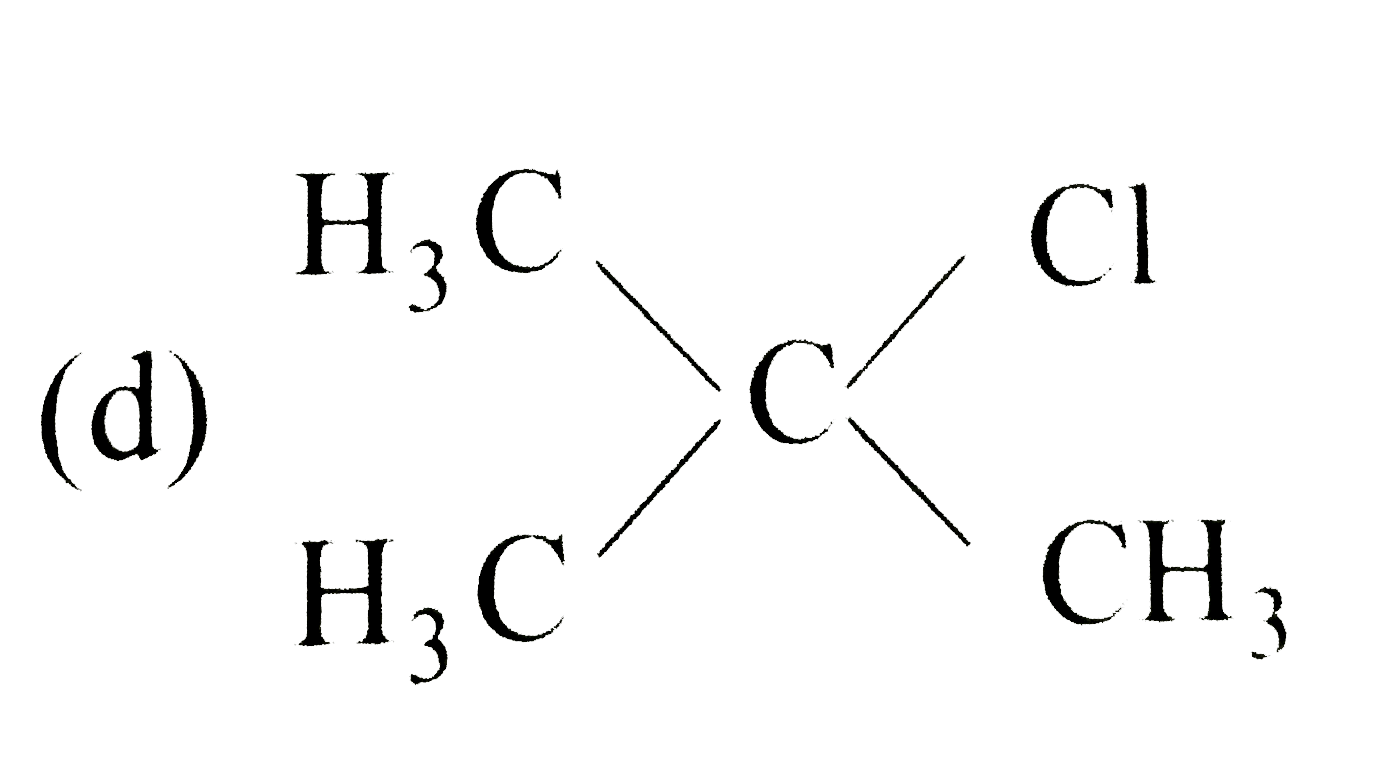
IN which of the following compounds, the C-Cl bond ionization shall give most stable carbonium ion ?
A B
B C
C D
D
In which of the following compounds , the C - Cl bond ioniosation shall give most stable carbonium ion ?
A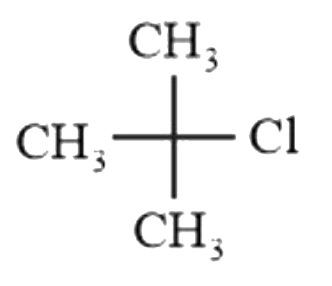 B
B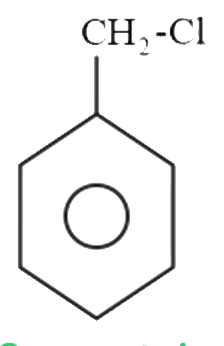 CO2NCH2CH2ClD
CO2NCH2CH2ClD